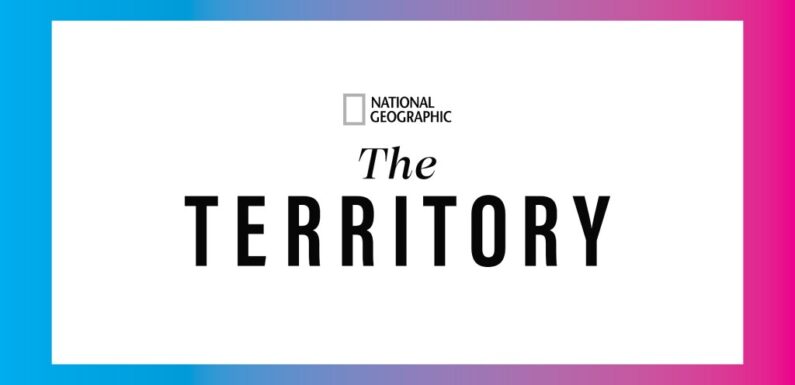
In the National Geographic documentary The Territory, illegal land grabbers in a section of Brazil’s Amazon rainforest burn down thousands of acres to clear space for cattle farming, buzzsaw giant trees left and right and build settlements in violation of Brazilian law. The destruction of their forest home has been devastating for the Indigenous Uru-Eu-Wau-Wau people, who are supposed to be protected from such incursions upon their territory.
“From the 1970s onward, what my father says is that a lot of white people came, and they were splitting up, dividing up the land,” said Tangãi Uru-eu-wau-wau during an appearance at Deadline’s Contenders Television: The Nominees event. The Indigenous cinematographer earned an Emmy nomination for his work on The Territory, one of three nominations for the film. “There were people invading that were not Indigenous people — the illegal miners, the cattle ranchers. And this was happening all around where we lived. And we were lacking a lot of food actually [as a result]. Even though we had demarcated territory, it was never respected.”
Related Stories

How Direction And Music Came Together To Create 'Succession's Most Shocking And Memorable Moment – Contenders TV: The Nominees

'Taste The Nation With Padma Lakshmi' Hits The Road To Celebrate The Food Of A Diverse Country – Contenders TV: The Nominees
The decimation of the Amazon rainforest profoundly affects not only the Uru-Eu-Wau-Wau, but people across the globe.
“We discover a new species in the Amazon rainforest every two days, on average,” said filmmaker Alex Pritz, who is nominated both for his direction and his cinematography on The Territory. The film also earned a nomination in the juried category of Exceptional Merit in Documentary Filmmaking. “You think about all the medicines, all of the richness that’s out there that all of humanity is losing when those species end up going extinct.”
The Uru-Eu-Wau-Wau people only number around 200. Diseases brought by outsiders reduced their population drastically, and some members of the community have been killed, with evidence pointing to illegal land grabbers as responsible. The Territory’s depiction of the valiant fight of the Uru to protect their land has motivated some lawmakers to act.
“We worked with members of the European Parliament to help pass the anti-deforestation bill, which broadened the class of products that were banned from being imported into Europe, if they were linked to illegal deforestation,” Pritz said. “Originally, it had been mostly focused around illegal timber, wood from trees. But really, meat that is coming from cows that have been illegally grazing on Indigenous land needed to be included in that. So did leather from those cows — a whole new class of products. And that’s a real tangible impact that this film was able to help support.”
Working on the documentary project, Tangãi and other Uru-Eu-Wau-Wau community members gained filmmaking skills that have allowed them to share their story with the wider world. Tangãi sees potential for applying those abilities to other forms of storytelling beyond documentary.
“We have legends, we have stories, narratives, and I would like to present those legends so that children can watch them in the classroom,” Tangãi said, “not just listen to them, but they could see something visual. That’s what I’d like to do in the future, and I hope I can do that.”
Check back Monday for the panel video.
Must Read Stories
AMPTP Makes Counterproposal To WGA; Talks To Resume Next Week
‘Barbie’s Greta Gerwig Breaks Records For Female Director; ‘Demeter’ Sinks
Week 15: “Ethical AI” & What To Expect From WGA-AMPTP Talks
Round Of Layoffs Ends With Roughly 60 Affected Staffers Notified; TV Lit, Music, IT Units Hit
Read More About:
Source: Read Full Article



